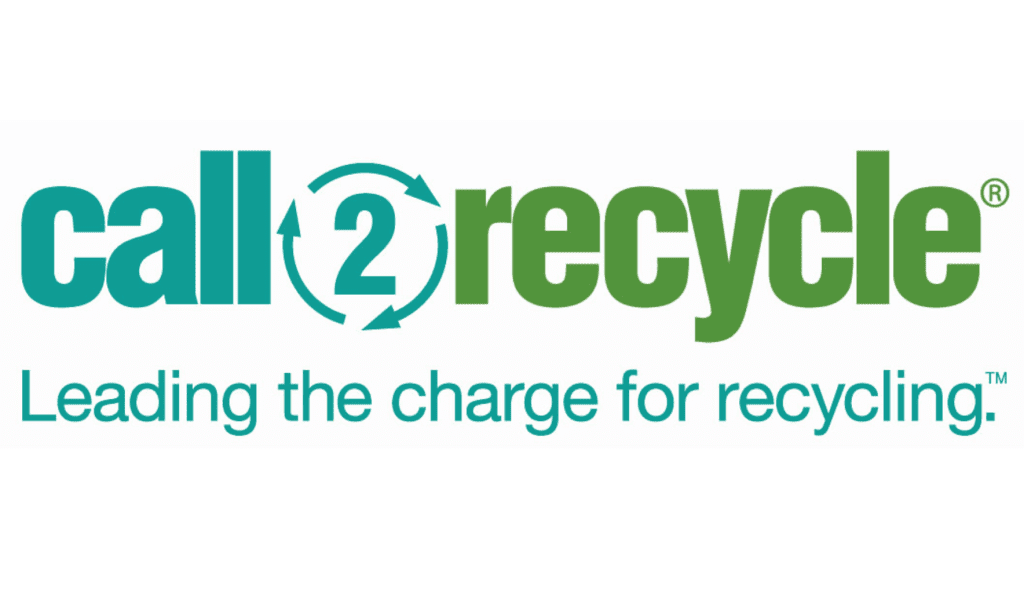Introduction
Batteries, as common as they are in our daily lives, carry potential hazards that we often overlook. While they provide us with an essential source of power, improper handling or disposal of batteries can lead to a range of risks. As electricians, it’s crucial to understand these hazards and adhere to safety guidelines to mitigate them.

Chemical Hazards
Batteries consist of various chemicals to facilitate the generation of electric current. While these chemicals remain safely contained under normal use, if a battery suffers any damage or improperly disposed of, these substances may leak out.
Exposure to the chemicals found in batteries, like lead, cadmium, lithium, or acid, can lead to skin irritation, eye damage, and, if ingested or inhaled, can cause severe internal damage. Therefore, handling a leaking battery should be done with caution. Use gloves and eye protection, and the area should be properly cleaned afterwards.
Fire and Explosion Hazards
Batteries store energy, and mishandling or misusing them can result in the sudden release of this energy. Which can lead to fires or even explosions. This risk is especially significant with lithium-ion batteries, commonly found in laptops and smartphones. Overcharging, puncturing, or exposing these batteries to high temperatures can cause thermal runaway. A chain reaction leading to a fire or explosion.
To mitigate this risk, always use the correct charger for rechargeable batteries, avoid exposing batteries to high temperatures or direct sunlight, and don’t keep them in confined spaces where heat can build up.

Environmental Hazards
Improper disposal of batteries can lead to the leakage of harmful chemicals into the environment, contaminating soil and water resources. This is especially true for batteries containing heavy metals like lead, cadmium, and mercury.
To reduce this environmental impact, it’s important to recycle used batteries whenever possible. Many regions have specific regulations and facilities for battery recycling, and as electricians, it’s our responsibility to use these resources and educate others to do the same.
Health Hazards
The chemicals in batteries not only pose an immediate danger upon exposure, but they can also have long-term effects on human health. For example, chronic exposure to lead from batteries can cause neurological damage, especially in children. Therefore, it’s important to ensure that batteries, especially those that are damaged or used, are kept out of reach of children.
Safety Guidelines
To ensure safe battery use and disposal, keep the following guidelines in mind:
- Always follow the manufacturer’s instructions for battery use, storage, and disposal.
- Do not attempt to recharge batteries that aren’t designed to be recharged.
- If a battery appears damaged or is leaking, handle it with gloves, keep it away from your eyes and skin, and dispose of it at a proper recycling facility.
- Store batteries in a cool, dry place and avoid exposing them to high temperatures or direct sunlight.
- Always recycle used batteries at designated recycling centers or drop-off points.
Drop Off Areas Around You
By simply dropping off your batteries, you can have a major impact on your environment and your community. Call2recycle is a great resource for finding local designated recycling centers near you. Many drop off centers are convenient. You can find them at your local grocery store, library, post offices, hardware stores and more. Check out their website and drop off your batteries today.

Conclusion
While batteries power our devices and make modern life more convenient, they come with potential hazards that we shouldn’t underestimate. As electricians, we must always prioritize safety, understand the risks, and follow best practices in battery use and disposal.
Our journey into the world of batteries has brought us from understanding what batteries are and how they work, through the different types of batteries and their uses, to the precautions we need to take to use them safely. As you continue your journey in the world of electricity, remember – knowledge isn’t just power, it’s safety, too.





